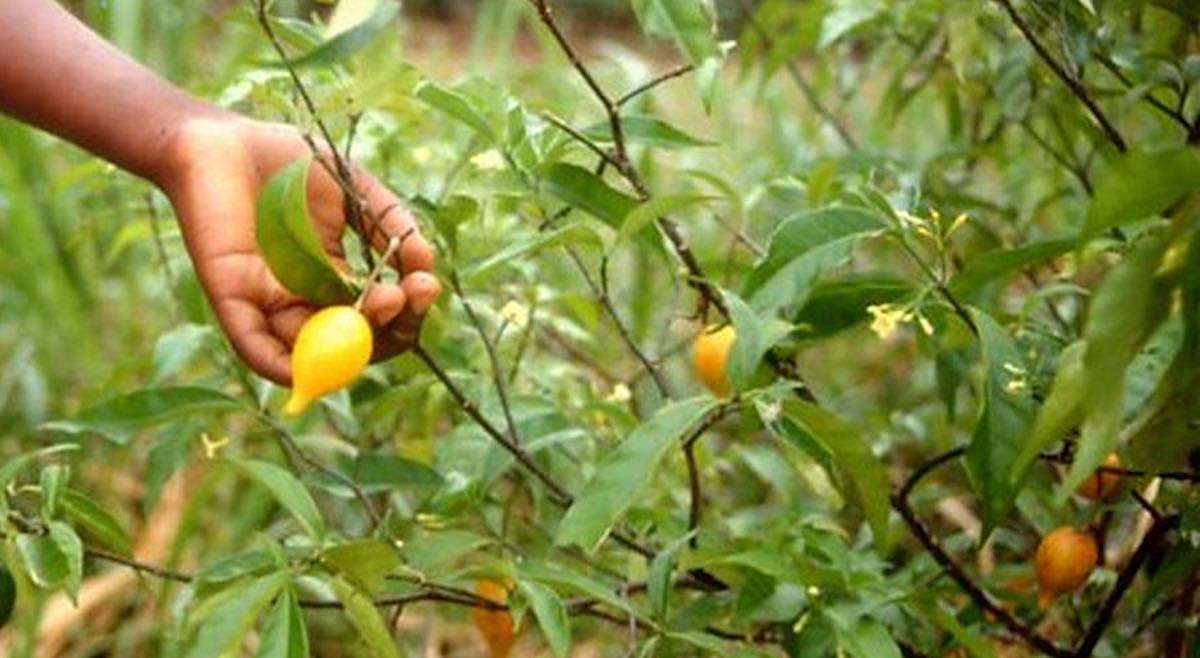Life-Saving Breakthrough for Antibiotics Uses Shapeshifting Chemistry that Won 2022 Nobel Prize
The antibiotic can shape-shift by rearranging its atoms, using new "click" chemistry, a discovery that won the 2022 Nobel Prize.

A traditional African psychedelic plant medicine has inspired two new drugs to treat addiction and depression.
Ibogaine has been used for thousands of years during shamanistic rituals as a hallucinogen, to suppress hunger and tiredness, and even as an aphrodisiac.
But ibogaine, the main active ingredient of Tabernanthe iboga, a West African shrub that grows in the Congo and Angola, can be fatal and even in smaller doses can cause heart problems.
Now scientists at the University of California, San Francisco, (UCSF) have developed two new drug candidates for potentially treating addiction and depression, modelled on the pharmacology of ibogaine.
The "addiction" part is very interesting. Rates of addiction to opioid pain medication in the US are extremely high. Sales of these drugs have tripled since the 1990s, alonside a commensurate increase in overdose deaths.
There is serious interest in the US for studying ibogaine as a way to reverse opioid withdrawal symptoms, as one observational study found it "was associated with substantive effects on opioid withdrawal symptoms and drug use in subjects for whom other treatments had been unsuccessful."
The UCSF team took inspiration from ibogaine's impact on the serotonin transporter (SERT), to screen over 200 million chemical compounds that have the same effect on SERT as ibogaine.
"Our compounds mimic just one of ibogaine's many pharmacological effects, and still replicate its most desirable effects on behaviour, at least in mice," said lead-author Dr. Brian Shoichet.
In the 19th and 20th centuries, doctors in Europe and America experimented with ibogaine's use in treating a variety of ailments, but the drug never gained widespread acceptance and was ultimately made illegal in many countries.
Dr. Shoichet explained that part of the problem is that ibogaine interferes with many aspects of human biology, but that dropping the dose 200-fold could be of a benefit to patients.
Shoichet has submitted the structures of both new molecules to Sigma Aldrich, the chemical manufacturing company, aiming to make the them available for further testing by other scientists, while he continues to hunt for more precise molecules.
SHARE This Potentially-Lifesaving Drug Finding With Your Friends…
Be the first to comment